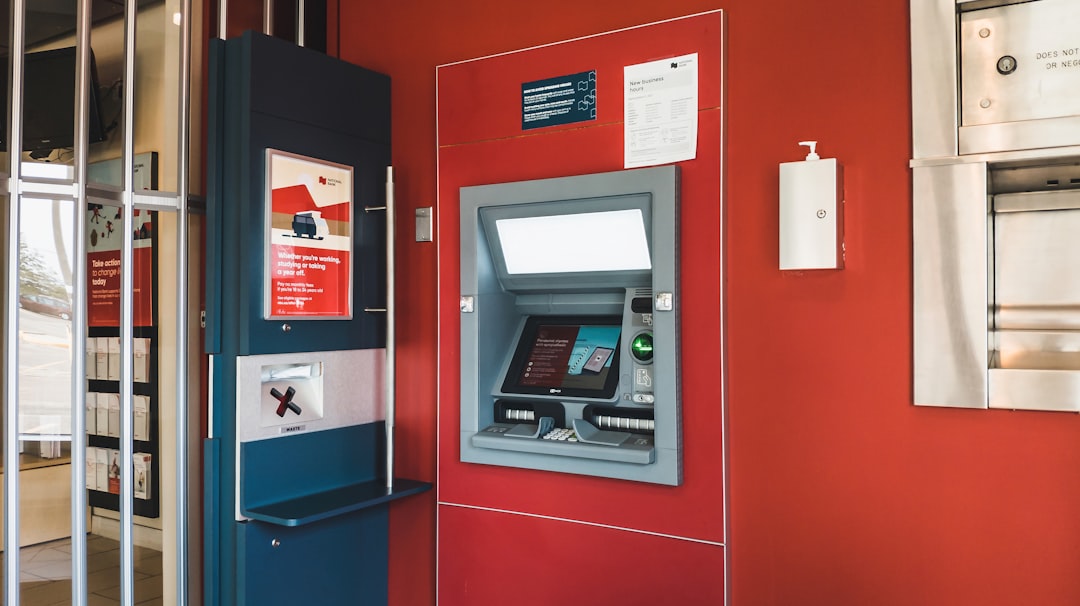Investors in Arizona-based Carvana (NYSE:CVNA) haven’t had a great 2022 so far. The worst probably isn’t over for CVNA stock yet, though. That’s because Carvana swung from a profitable to an unprofitable profile not long ago, which is worrisome. Besides, central bank policy in the U.S. hasn’t been friendly to businesses that make auto loans — and that would include Carvana.
Carvana provides an online automotive sales platform, which might seem like a promising business model. After all, why not bring the used car market online and provide a platform for buyers and sellers?
This sounds great in theory, but putting it into practice has been challenging for Carvana this year. As we’ll see, Carvana’s problems have been reflected in the trajectory of the share price. If you’re hoping for a turnaround, though, it’s best to keep your expectations muted and your stance cautious.
What’s Happening With CVNA Stock?
It’s been a brutal year for Carvana’s shareholders, to say the least. Shockingly, CVNA stock has declined from $239 at the beginning of 2022 to $31 in early September. Sure, there were quick rallies along the way, but they were all promptly sold off.
Is this the right time to try a dip buy, then? Carvana founder and CEO Ernie Garcia would probably encourage prospective investors to jump into the trade. “We remain on the path to becoming the largest and most profitable auto retailer,” he claimed not long ago.
“Largest”? Perhaps. “Most profitable”? That’s debatable, as Carvana wasn’t actually profitable at all during 2022’s second quarter. In fact, the company incurred a $238 million net earnings loss in Q2 2022. Alarmingly, Carvana swung to that loss from a $22 million net profit in the year-earlier quarter.
On a GAAP-measured per-share basis, Carvana’s second-quarter 2022 net loss came to $2.35, missing Wall Street’s forecast of $1.46. Furthermore, the company’s quarterly revenue of $3.88 billion fell short of the analyst consensus estimate of $3.98 billion.
High Interest Rates Will Be Problematic for Carvana
When InvestorPlace contributor Thomas Niel revealed his “3 Stocks to Sell Ahead of the Next Big Rate Hikes,” I had a funny feeling that Carvana would be on the list. Indeed it is, and Niel is 100% right in assessing the Federal Reserve’s monetary policy tightening as problematic for Carvana.
Used car prices rocketed in late 2021 and early 2022. However, with the Fed hiking interest rates, people are dis-incentivized from borrowing money to buy cars nowadays. As Niel put it, “Changing economic conditions have already resulted in the beginning of the end for the used car bubble. It may be just about to pop.”
That’s a great point, and a Wall Street Journal article made an equally valid one. Carvana isn’t just an online used-car buying and selling platform. The company also makes car loans.
The Fed’s interest rate hikes are putting a squeeze on lending activity, and that’s bad news for an auto lender like Carvana. Consequently, if drivers decide to hold on to their current vehicles for a couple of extra years instead of taking out a loan to finance another used vehicle, Carvana’s business is likely to suffer.
What You Can Do Now
People can make jokes about CVNA stock going to the junkyard, but this is serious business. The last thing you need is to lose money on a bet that Carvana will miraculously defy a rising interest rate environment.
Additionally, Carvana shifted from a profitable profile to an unprofitable one, and also missed Wall Street’s top- and bottom-line quarterly estimates. All in all, it’s dangerous for investors to go on a dip-buying expedition now — especially with a company that, financially speaking, has shifted into reverse.
On the date of publication, David Moadel did not have (either directly or indirectly) any positions in the securities mentioned in this article. The opinions expressed in this article are those of the writer, subject to the InvestorPlace.com Publishing Guidelines.
